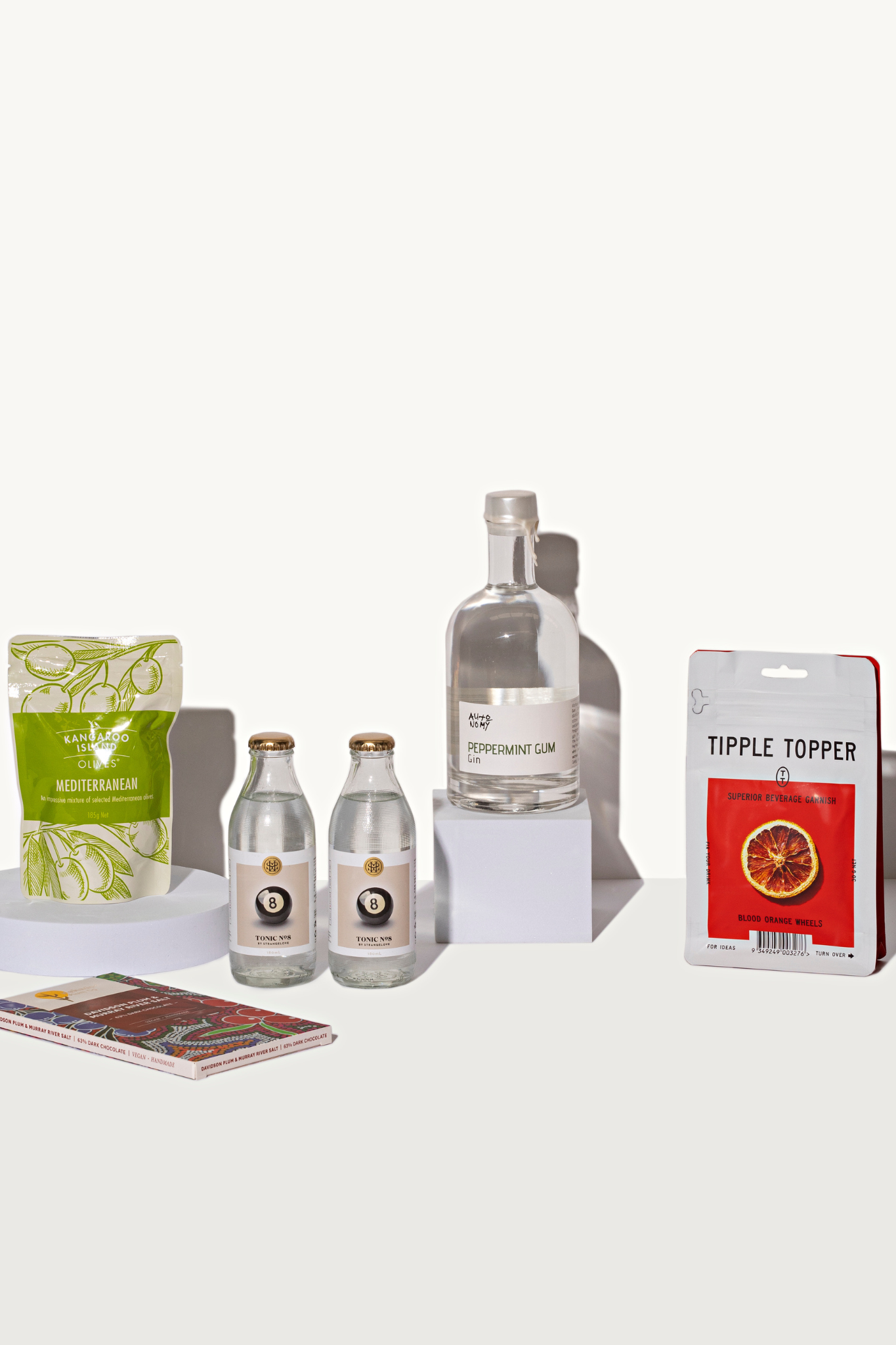Our Partners
We collaborate, partner and align ourselves with those that share our vision in celebrating Indigenous bush foods, Australian and Indigenous artisan products.
We work collaboratively with every grower, gallery and Indigenous business we are connected with. We work together that is mutually beneficial and rewarding. We are proud to maintain the strong relationships we have developed and bring their products into the homes of Australians and the world.
Tjanpi Desert Weavers

Tjanpi Desert Weavers is a social enterprise of the Ngaanyatjarra Pitjantjatjara Yankunytjatjara (NPY) Women’s Council, working with women in the remote Central and Western desert regions who earn an income from contemporary fibre art. Tjanpi (meaning grass in Pitjantjatjara language) represents over 400 Anangu/Yarnangu women artists from 26 remote communities on the NPY lands.
Tjanpi artists use native grasses to make spectacular contemporary fibre art, weaving beautiful baskets and sculptures and displaying endless creativity and inventiveness. Originally developing from the traditional practice of making manguri rings, working with fibre in this way has become a fundamental part of Central and Western desert culture.
Tjanpi embodies the energies and rhythms of Country, culture and community. The shared stories, skills and experiences of this wide-reaching network of mothers, daughters, aunties, sisters and grandmothers form the bloodline of the desert weaving phenomenon and have fuelled Tjanpi’s rich history of collaborative practice.
Buy products from Tjanpi
Read more abut Tjanpi here >
Numbulwar Numburindi

Established in 2019, Numbulwar’s first art centre is 100 per cent owned and controlled by the community. Born from the community’s desire to practice and engage with traditional culture, NNA is a space for artistic and cultural expression.
Champions of fibre art, NNA artists marry naturally-dyed and locally-harvested pandanus with bright and bold ghost nets, abandoned fishing line retrieved from Numbulwar’s shoreline. Our Wulbung (baskets) and Yir (dillybags) fit as naturally in traditional applications as they do in contemporary, urban environments.
Numbulwar sits on the Rose River and belongs to the Nunggayinbala clan, one of the Wubuy or Nunggubuyu speaking clans from the region. Ceremonial activities are still very important within the region and occur regularly.
Buy products from Numbulwar:
Read more about Numbulwar here >

